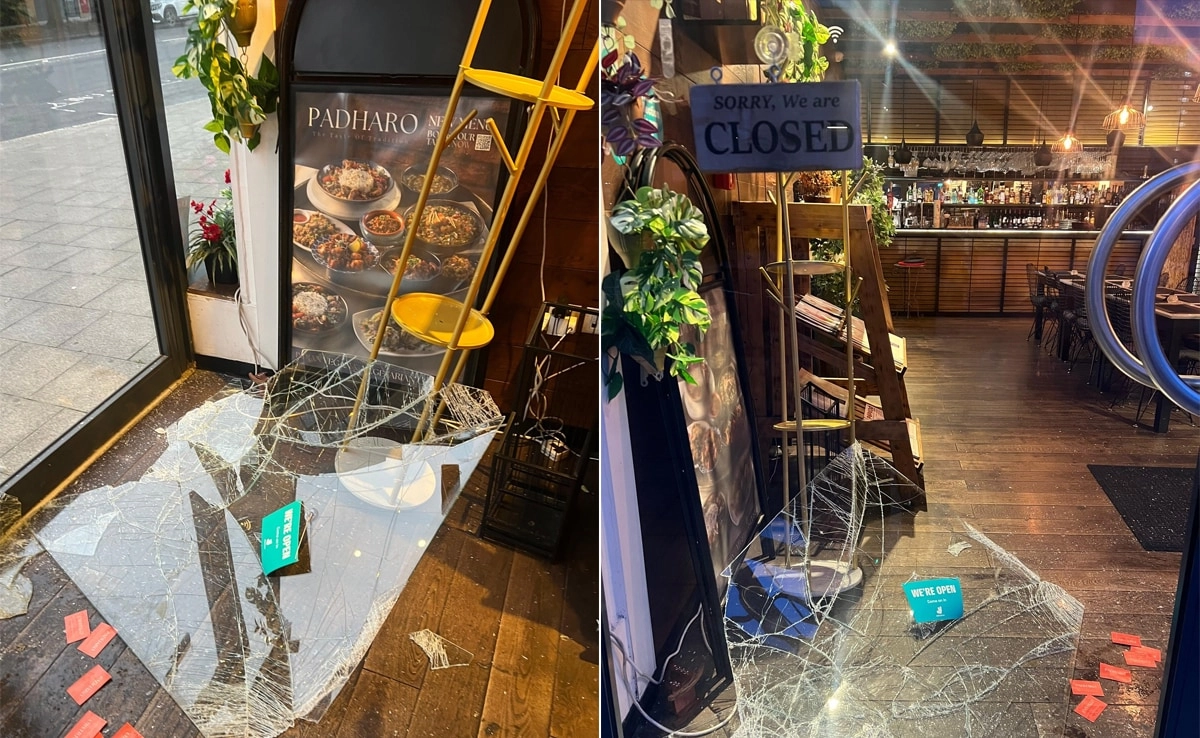Hamas has made a significant demand for the release of key Palestinian leaders currently incarcerated in Israeli prisons. This call comes amidst ongoing tensions in the region, highlighting the complex dynamics at play between various factions and the Israeli government. The release of these leaders is seen by Hamas as a crucial step towards achieving broader political goals and fostering unity among Palestinians. The imprisoned leaders are viewed as symbols of resistance and resilience, and their freedom is deemed essential for the continuation of the struggle against Israeli occupation.
The situation is further complicated by the broader geopolitical landscape, as various international actors monitor the developments closely. The demand for the release of these leaders is not just a matter of internal Palestinian politics; it also resonates with the larger narrative of resistance against perceived injustices faced by the Palestinian people. Hamas’s insistence on this issue underscores the ongoing conflict’s deep-seated roots and the challenges of achieving a lasting peace. The release of these leaders could potentially pave the way for new dialogues, but it also risks inflaming existing tensions if not handled delicately.
Moreover, the Israeli government faces its own set of challenges in responding to such demands. Balancing security concerns with the need for political solutions is a delicate task that involves weighing public opinion, regional stability, and international pressure. The implications of any decision regarding the release of Palestinian leaders extend beyond immediate political ramifications; they could influence the broader peace process and the potential for future negotiations between Israel and the Palestinian factions. As the situation evolves, it remains to be seen how both sides will navigate this critical juncture and what impact it will have on the prospects for peace in the region.
In summary, Hamas’s demand for the release of key Palestinian leaders from Israeli prisons is a pivotal moment in the ongoing Israeli-Palestinian conflict. It reflects deeper issues of identity, resistance, and the quest for justice among Palestinians. As both sides grapple with the implications of this demand, the potential for dialogue and reconciliation hinges on their willingness to engage with the underlying complexities of the situation. The outcome of this demand could serve as a barometer for future relations and the enduring struggle for peace in the region.




